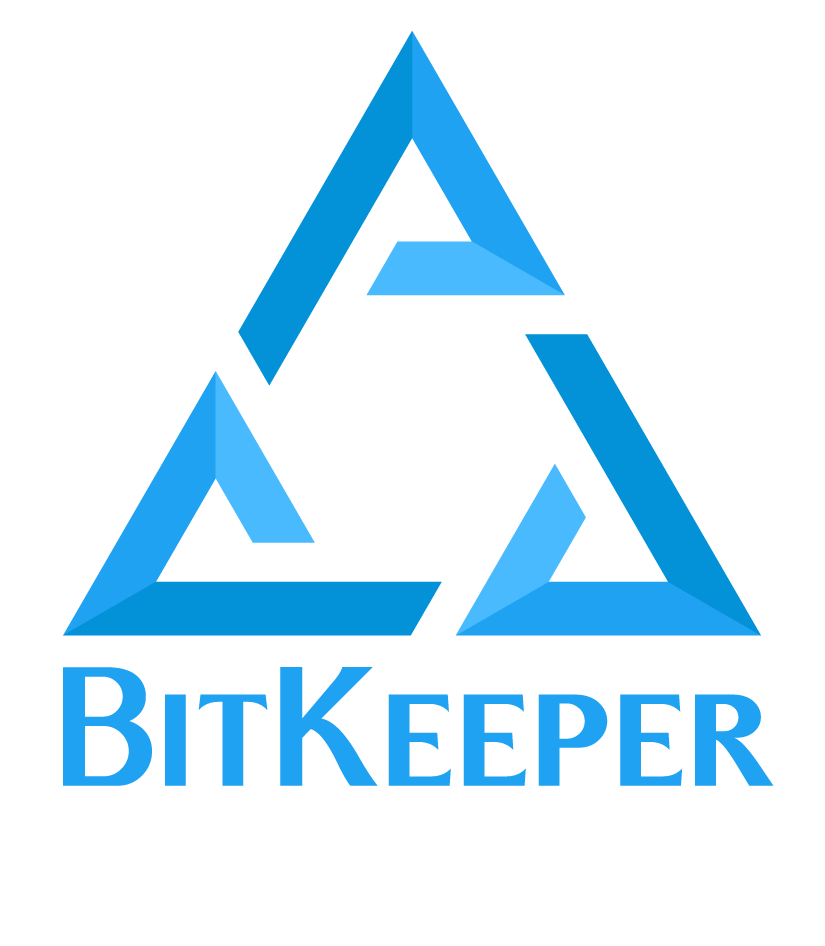bk debugtool(7.3ce) BitKeeper User's Manual bk debugtool(7.3ce)
NAME
bk debugtool - tool for use in remote command line debugging
SYNOPSIS
bk debugtool [--shell] [--server] [-p<proxy>] [-u<username>]
[host:port]
DESCRIPTION
bk debugtool launches a graphical interface to connect to a remote
debug server and allow the possibility of remote command line debug-
ging. Once instance of debugtool connecting to the server declares
themselves as the shell, and all other instances can chat and issue
commands to the shell.
The debugtool works by connecting to a remote debug server using the
HTTP protocol. It does not keep an open connection to the server but
instead polls the server for updates at regular intervals. This allows
the debugtool to appear exactly as any other HTTP client to any inter-
mediate proxy servers, which should allow all communication to pass
through any firewalls that already allow web traffic. The client will
simply appear as another web client.
Passing --shell signifies that you wish your instance of debugtool to
be the shell that everyone executes commands on. Each time a command
is requested, you are asked to allow the command to proceed, or you can
simply say that all commands from that user should be allowed.
There can only be one shell in a session, and any attempt to connect a
second shell will simply disable the shell for the subsequent clients.
Only the first to request it is given the shell.
Passing --server will start a local instance of the debug server and
then immediately launch the debugtool and connect to that local
instance. Others can then connect to your local instance to create a
debug session.
COMMANDS
Hitting Tab from within the debugtool will switch between chat and
shell mode. The prompt at the bottom next to the entry box will show
the current mode. Anything you type while in chat mode will simply be
echoed to everyone in the session. Anything entered while in shell
mode will be sent to the client who has the shell, executed on their
machine, and the result echoed back for everyone to see.
Typing a / as the first character of anything entered specifies any of
a list of commands to be called from within the tool. The available
commands are:
/allow <all | username>
Allow all users or a single user access to execute commands if you are
the shell. This will give permanent permission to execute commands if
you are the shell, and you will not be prompted to approve commands if
they are sent from this user (or all users).
/clear <chat | shell>
Clear either the chat or shell window.
/say <message>
Send a message to the chat window no matter which mode you are in.
This is handy if you want to say something without exiting command
mode.
/shell <command>
Execute a command in the shell no matter which mode you are in. This
is handy if you want to execute a quick command without exiting chat
mode.
BitKeeper Inc 1E1 bk debugtool(7.3ce)

All
- Basics-Overview
- Howto
- Howto-BAM
- Howto-bkd
- Howto-developer
- Howto-setup
- abort
- admin
- alias
- annotate
- attach
- backups
- bam
- base64
- bin
- bisect
- bk
- bkd
- c2r
- cat
- changes
- check
- checksum
- chmod
- citool
- clean
- clone
- cmdlog
- collapse
- comments
- commit
- comps
- config
- config-etc
- config-gui
- conflicts
- cp
- credits
- cset
- csetprune
- csets
- csettool
- debugtool
- delta
- describe
- detach
- diff
- difftool
- edit
- editor
- emacs
- export
- extras
- fast-export
- fast-import
- features
- files
- filetypes
- findkey
- findmerge
- fixtool
- flags
- fm3tool
- fmtool
- gate
- gca
- get
- gethost
- getuser
- gfiles
- glob
- gone
- grep
- help
- helptool
- here
- populate
- unpopulate
- history
- id
- ignore
- import
- initscripts
- isascii
- key2path
- key2rev
- keywords
- latest
- level
- lock
- log
- makepatch
- merge
- merge-binaries
- mv
- names
- new
- newroot
- obscure
- parent
- partition
- patch
- path
- pending
- port
- portal
- prompt
- pull
- push
- pwd
- r2c
- range
- receive
- regex
- relink
- remerge
- renames
- renametool
- renumber
- repocheck
- repogca
- repos
- repotype
- resolve
- resolving
- revtool
- rm
- rmdir
- rmgone
- root
- rset
- sane
- sccslog
- send
- sendbug
- service
- set
- setup
- setuptool
- sfio
- smerge
- status
- stripdel
- superset
- support
- tag
- tags
- takepatch
- templates
- terms
- triggers
- undo
- undos
- unedit
- uninstall
- unlock
- unpull
- unrm
- untag
- unwrap
- upgrade
- url
- version
- what
- wrap
- xflags
- zone